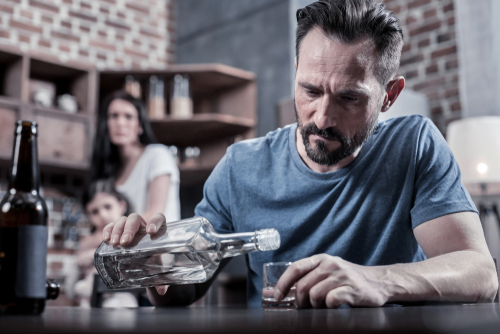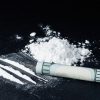While alcohol is a legal substance for consumption for individuals over the age of twenty-one in the United States, abuse of alcohol can still lead to severe short- and long-term consequences. Alcohol addiction, also known as alcohol use disorder is listed in the Diagnostic and Statistical Manual of Mental Disorders, Fifth Edition (DSM-5) as a chronic brain disorder. The National Institute on Alcohol Abuse and Alcoholism explains that “alcohol use disorder (AUD) is a medical condition characterized by an impaired ability to stop or control alcohol use despite adverse social, occupational, or health consequences.” There are a variety of treatment options available for individuals recovering from alcohol use disorder. Each person will require a customized treatment plan that may be comprised of different therapeutic modalities. Depending on one’s needs some may benefit from integrating certain medications into one’s treatment plan.
Vivitrol vs Naltrexone
Vivitrol is the brand name, injectable extended-release form of the medication that is generically known as naltrexone. It is a prescription medicine that was originally approved by the United States Food and Drug Administration (FDA) in 2006 to be used for the treatment of alcohol dependence. Later, in 2010, the FDA also approved Vivitrol for the use of treating opioid addiction. To begin Vivitrol treatment, an individual must be completely free and clean of all alcohol and opioids for at least seven days (in some cases a minimum of fourteen days is required). Vivitrol is administered by a medical professional once a month. Vivitrol is an extended-release opioid receptor antagonist. When used to treat alcohol dependence, Vivitrol works by stopping endorphins from binding to opioid receptors in one’s brain, which thereby ends the desirable feelings associated with being drunk.
Unlike Vivitrol, naltrexone can come in a pill form that may be prescribed as a daily medication. The purpose of naltrexone, akin to that of Vivitrol, is to create a relationship with alcohol that does not produce any type of reward. It has been said that naltrexone can disconnect the association of pleasure and alcohol. When effective, naltrexone can help an individual have fewer days of heavy drinking, and reduce one’s overall alcohol intake, but does not necessarily work as a medication that results in complete abstinence from alcohol consumption. Although each person is different, for many individuals struggling with alcohol use disorder the most effective means to overcome addiction is through long-term maintenance therapy. While medications such as Vivitrol and naltrexone can be exceptionally beneficial to one’s prolonged recovery, in most cases it is advantageous to simultaneously engage in some form of continued mental health counseling.
Further Information and Support
If you are concerned for yourself or a loved one regarding substance abuse and/ or addiction, we recommend reaching out for help as soon as possible. Addiction can be an incredibly damaging disease. Navigating the challenges that arise from substance abuse, and/ or addiction can not only be all consuming but are often impossible to effectively handle without proper support. If left untreated, substance abuse and/ or addiction can result in long lasting and potentially life-threatening consequences. While seeking help is never easy, it is beneficial to bear in mind that you do not have to be on this journey alone. There is an entire network of professionals that are readily available to help and support you or your loved one throughout every step of the recovery process.
Pathways Recovery is a fully supportive treatment program for those struggling with substance abuse and/ or addiction. We believe in our clients and their ability to turn their lives around. We know that each person who chooses to join our community has the strength it takes to overcome their challenges with substance abuse and/ or addiction. Please do not hesitate to reach out for guidance. We are happy to answer any questions and provide any information you may be looking for regarding substance abuse and/ or addiction. Feel free to contact us by phone at 626-515-6424 or 1-866-682-0901. We look forward to connecting and having the opportunity to discuss how we might best be able to support you.






